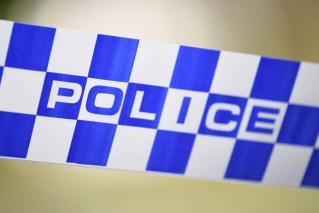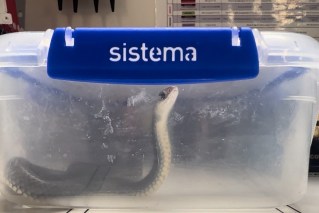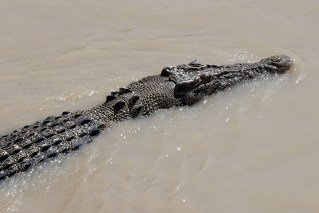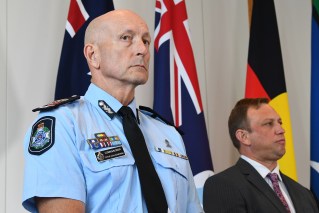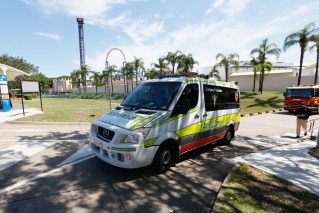Baden-Clay lodges appeal
Lawyers for Gerard Baden-Clay say his murder conviction was unreasonable and have lodged an appeal.
Documents lodged on Thursday, two days after he was convicted of murdering his wife Allison in a violent struggle, cite four grounds for appeal.
Firstly, it argues that “the murder conviction was unreasonable.”
Secondly, it says there was a miscarriage of justice in relation to Allison Baden-Clay’s blood, which was found in the family car.
The documents say jurors should have been directed to only consider the blood as relevant if they were satisfied beyond reasonable doubt that it could be linked to an injury she suffered on April 19 or 20, 2012.
Allison was last seen alive at the family’s Brookfield home on the night of April 19.
Thirdly, the documents say the trial judge Justice John Byrne erred in law by not directing the jury that it needed to be satisfied beyond reasonable doubt that Baden-Clay put his wife’s body at Kholo Creek.
The final argument was that Justice Byrne erred in “leaving to the jury” that Baden-Clay tried to disguise marks on his face by making razor cuts.
Allison’s body was found on the banks of Kholo Creek, at Anstead in Brisbane’s west, on April 30, 2012, 10 days after Baden-Clay had reported her missing.
The former real estate agent wept and shook on Tuesday after he was convicted of murdering the mother of their three daughters.
Justice Byrne gave Baden-Clay a mandatory life sentence, with a minimum non-parole period of 15 years.
During the sentencing hearing, Allison’s family told of their enduring grief and the ongoing pain of the Baden-Clay girls who often cry out for their lost mother.
Allison’s family have declined to comment about the appeal, however a spokesman for the family said they were warned to expect it.

